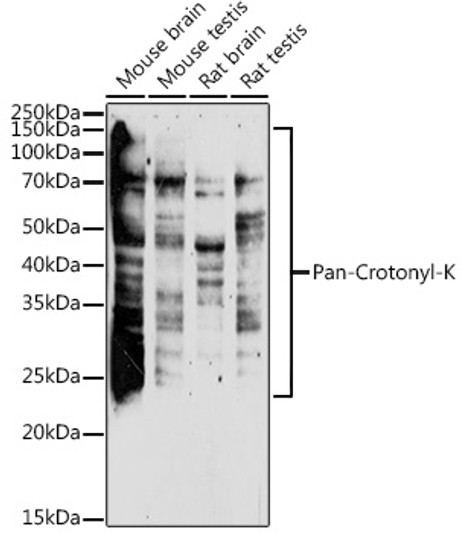| Host: | Rabbit |
| Applications: | WB/ELISA |
| Reactivity: | Human |
| Note: | STRICTLY FOR FURTHER SCIENTIFIC RESEARCH USE ONLY (RUO). MUST NOT TO BE USED IN DIAGNOSTIC OR THERAPEUTIC APPLICATIONS. |
| Clonality : | Polyclonal |
| Conjugation: | Unconjugated |
| Isotype: | IgG |
| Formulation: | PBS with 0.01% Thimerosal, 50% Glycerol, pH 7.3. |
| Purification: | Affinity purification |
| Concentration: | Lot specific |
| Dilution Range: | WB:1:500-1:1000ELISA:Recommended starting concentration is 1 Mu g/mL. Please optimize the concentration based on your specific assay requirements. |
| Storage Instruction: | Store at-20°C for up to 1 year from the date of receipt, and avoid repeat freeze-thaw cycles. |
| Specificity: | Recombinant protein of human Proteinase K. |
| Background | Proteinase K is an endopeptidase belonging to the subtilisin group of serine proteases. Proteinase K was isolated from the mold (Parengyodontium album or previously known as Tritirachium album). Proteinase K has five cysteines. Four of the cysteine residues form two disulfide bonds (34-124 and 179-248, respectively) and one lies below one of the catalytic triads. Proteinase K often binds two calcium ions required for full enzymatic activity. In molecular biology laboratories, proteinase K is useful during preparation of DNA or RNA samples by degrading and inactivating proteins. |
Information sourced from Uniprot.org









